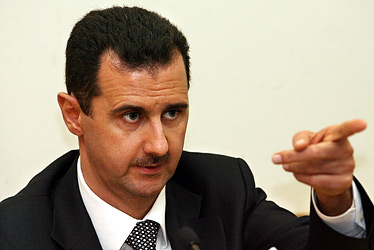Alwaght-When terrorists rose up against Syria’s Bashar al-Assad in 2011, Turkey reclassified its protégé as a pariah, expecting him to lose power within months.
Assad, in contrast, shielded diplomatically by Russia and with military and financial support from Iran and its Shi’ite allies in Lebanon’s Hezbollah, warned that the fires of Syria’s sectarian war would burn its neighbors.
For Turkey, despite the confidence of Tayyip Erdogan, elected this summer to the presidency after eleven years as prime minister and three straight general election victories, Assad’s warning is starting to ring uncomfortably true.
Turkey’s foreign policy is in ruins. Its once shining image as a Muslim democracy and regional power in NATO alliance and at the doors of the European Union is badly tarnished.
Amid a backlash against political Islam across the region, Erdogan is still irritating his Arab neighbors by offering himself as a Sunni Islamist champion.
The world, meanwhile, is transfixed by the desperate siege of Kobani, the Syrian Kurdish town just over Turkey’s border, under attack by ISIS terrorist group who are threatening to massacre its defenders.
Erdogan has enraged Turkey’s own Kurdish minority – about a fifth of the population and half of all Kurds across the region – by seeming to prefer that ISIS terrorists extend their territorial gains in Syria and Iraq rather than that Kurdish insurgents consolidate local power.
Turkey is thus caught between two fires: the possibility of PKK-led Kurdish insurgency inside Turkey, reviving because of Ankara’s policy towards Syrian Kurds; and the risk that a more robust policy against ISIS terrorist group will provoke reprisal attacks that could be damage its economy and the tourist industry that provides Turkey with around a tenth of its income.
Internationally, one veteran Turkish diplomat fears, ISIS terrorist group “is acting as a catalyst legitimizing support for an independent Kurdish state, not just in Syria but in Turkey” at a time when leading powers have started to question Turkey’s ideological and security affiliations with the West.
Resource: Reuters


























